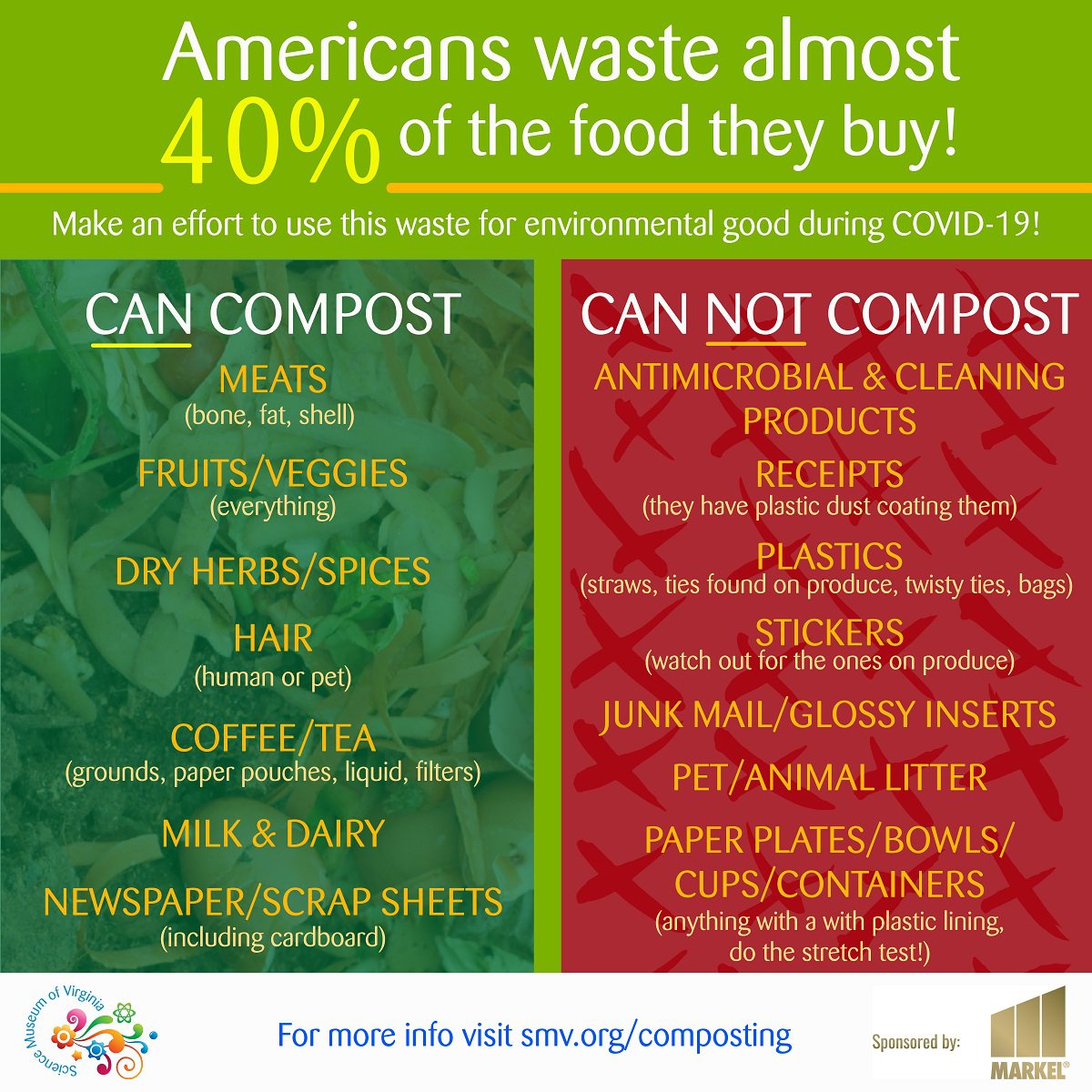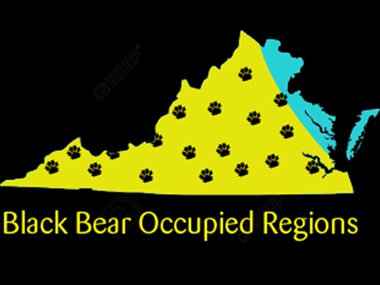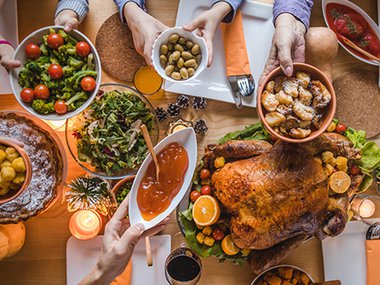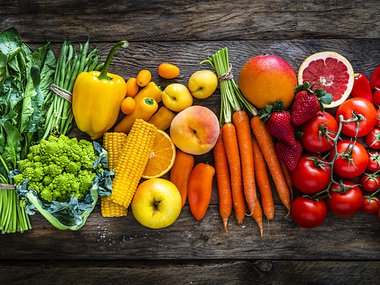Question Your World: How Much Food Do We Waste?
Recently scientists were doing a study on discarded edible items and ended up with some pretty interesting food for thought. How much food do we waste?
First of all, keep in mind that we have over 7.4 billion people on Earth. A population of that size is obviously going to require a lot of food. With that said, it’s no surprise that the food industry has made its way into nearly every part of the planet at this point. Not only are we consuming a large amount of food, but we’re also wasting a substantial portion too.
Nearly one third of all the food produced all around the world is wasted. This waste is the result of inefficient production practices, consumption waste, and overconsumption. A third of our food adds up a lot quicker than one would imagine. In fact, there are well over 2 billion tons of food wasted every single year by humans all around the globe. Not only does this cause access and resource imbalances for those unable to afford food, but it also passes added food costs over to the consumer. As of now, we waste about a trillion dollars’ worth of food simply by having it end up in the trash.
Nearly half of all harvested crops on Earth end up in the garbage. 78% of the overall waste is also associated with the livestock industry. In this study, scientists reported that 1.08 billion tons of harvested crops are used to feed the livestock industry alone. This works out to around 840 million tons’ worth of food losses. Not only is this bad from a humanitarian and economic perspective, but it also has negative impacts in terms of climate change. As all those literal tons of food piles begin to decompose in landfills they release methane. This is a natural gas, but the concentration and release of this much methane is not a part of the natural cycle. This is another incidence of humans contributing to the release of heat trapping gases into the atmosphere.

So, what can we do?
Lucky for us, we are the ones who ultimately have the power to address this issue. There are a few simple things that can be done to help lower the amount of waste products we’re putting out into the world. Check out three quick ways of reducing your food waste.
- Reduce the amount of livestock and animal related products you consume. To create one pound of beef, we need over 400 gallons of water. Water is a precious resource and, considering that we don’t use the entire cattle for meals, we are effectively wasting not only food, but our precious blue gold as well.
- Composting would make a pretty big impact if we were all doing it more frequently. When we throw away bits of veggies, fruits, and coffee grounds, they take up real estate in landfills or enter water systems. This does not help anyone at any capacity. If we were to compost those items instead, we would at least be helping generate nutrient rich soil to put into our backyard gardens or local farms. This is an excellent way to use our food scraps to serve a greater function by not turning them into waste where our rivers and land have to deal with them.
- Reduce overall consumption. When we are at the grocery store, we could be more aware of how much food we will actually eat. Everyone’s familiar with overbuying and then having to discard some items, right? On a similar note, we could also be more mindful of the amount of food we physically consume in one seating. Eating three or four slices of pizza beyond your hunger is not doing anyone any good. This raises health problems and only perpetuates the higher production of food items across the board.
Reducing our high food waste footprint of livestock items, reducing overall consumption, and returning scraps to farms by means of composting are all easy ways to reduce the overall wasted food on Earth. As the population grows, we will only need more and more food. While that may be the case, wasting a third of it serves no beneficial purpose. So, there you go. Some problems, some solutions, and some interesting information that is definitely worth chewing on.



